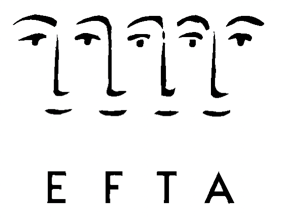Domain:
Organizations / Agencies / Standards and networks related to Family Therapy. Occupational Therapy, Family Educators and Family Support Paraprofessionals
Organization's Role:
Educational Methodological Coordination, Supervision, Other
Skills (if listed on the website):
Clinical training &clinical experience
- Generalclinical skills and experience of working with a range of mental health problems
-The main element issupervised clinical practice with families, couples, individuals and organizations, with significant component of ‘live’ supervised practice
-The clinical component of the training (direct work under supervision and observing/discussing the work of other trainees) will form one third to one half of the specialist training
Personal development:
-Trainees areable to identify and manage their own personal involvement in and contribution to theprocess of therapy
-Self-reflexivity and self-awareness as professionals
Continuing personal and professional development: (CPD)
Continuing personal and professional development: (CPD)
It is strongly recommended that all family and systemic therapists undertake CPDafter completion of training.

